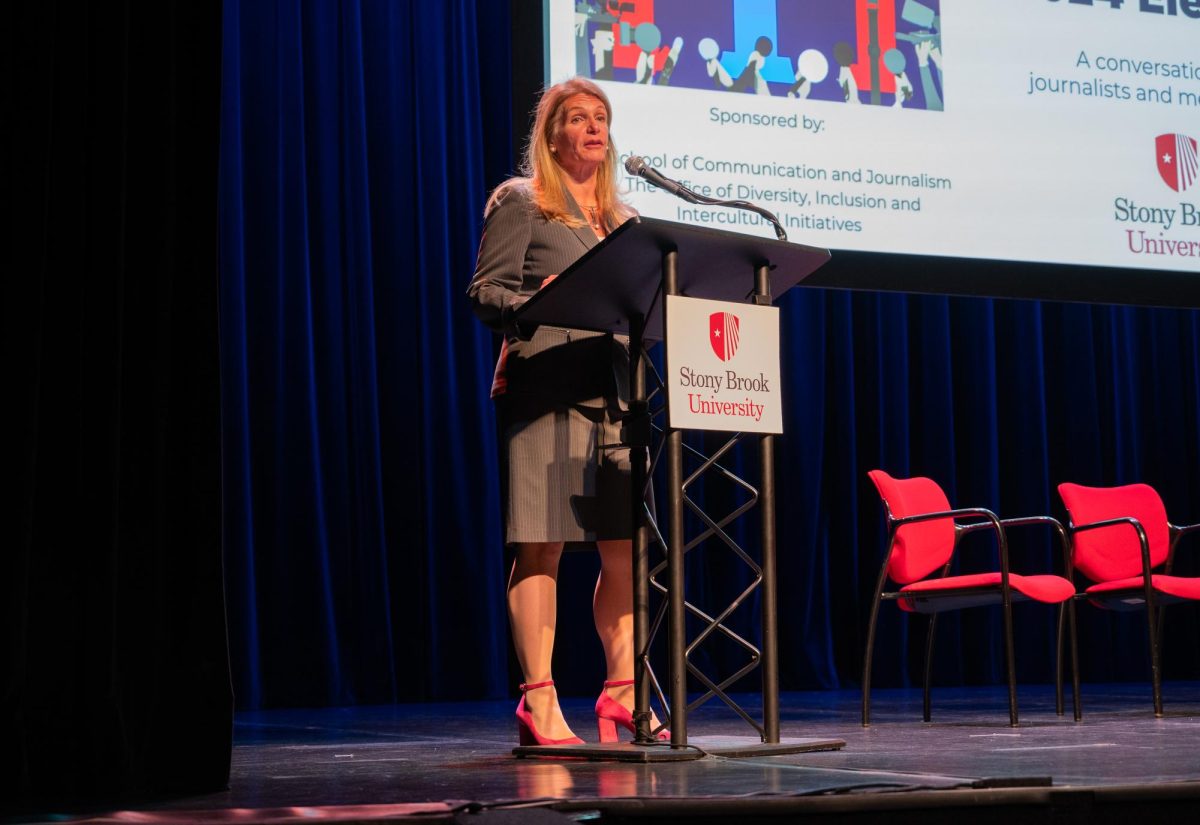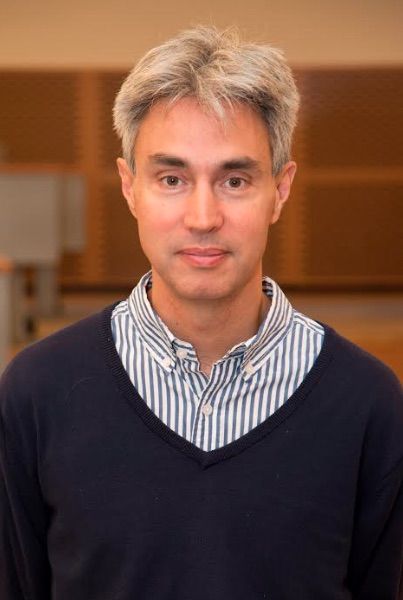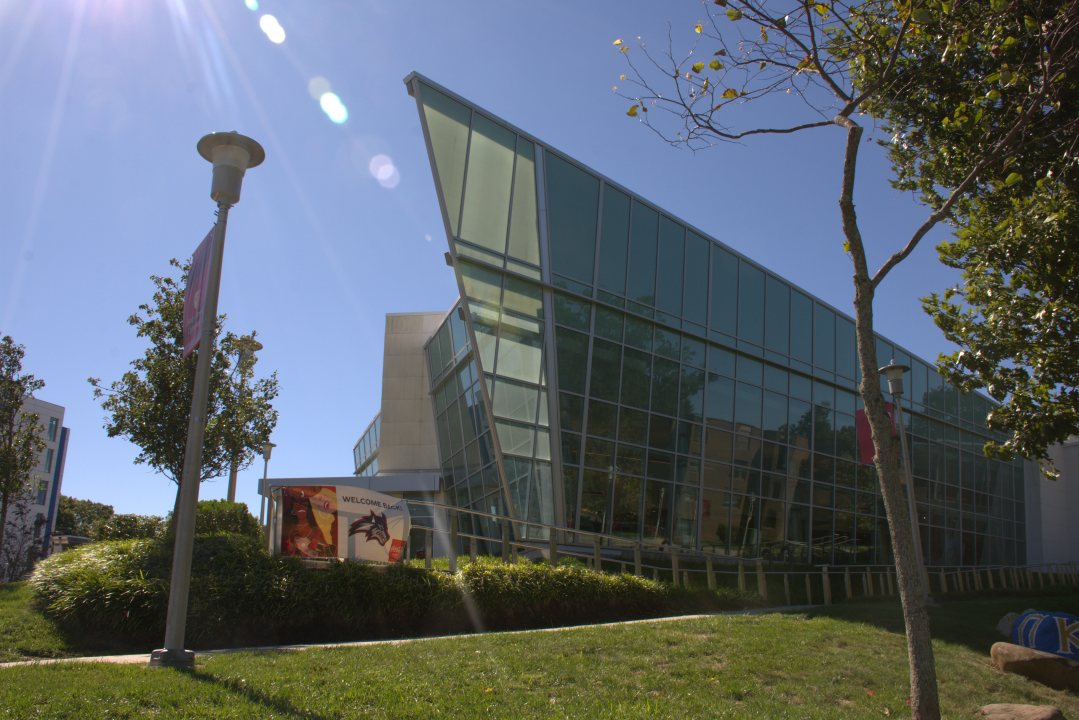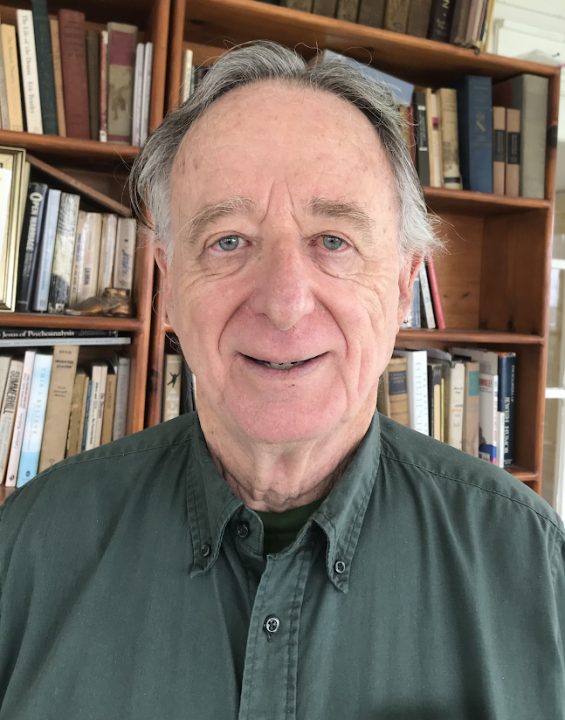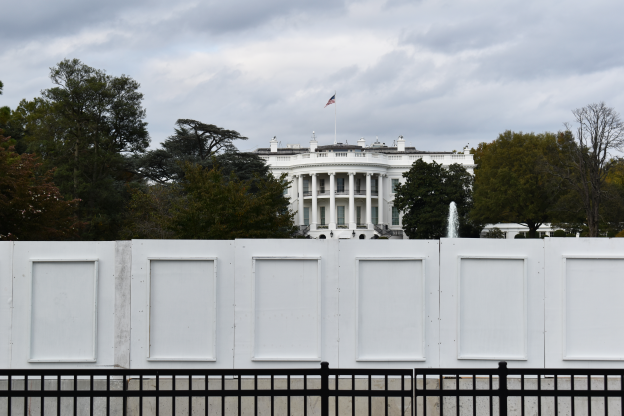
After the capital riots on Jan. 6, the history department is debating and discussing the outcomes of the Trump presidency and its impact on the American public.
On March 19, the History Club and Undergraduate History Journal’s event “After Trump: The End of American Exceptionalism?” urged its audience to not only see the riot as a closed moment in an uncertain presidency, but as a moment that can be placed on the greater scale of American tradition.
“Of course, it was a very tenuous moment to say the least,” Kyle O’Hara, president of Stony Brook’s History Club and moderator of the roundtable said at the beginning of the discussion.
History professor April Masten defined American exceptionalism as “a phrase that means that America is inherently different from other nations; that America is unique.” She said that what occurred in Washington, D.C. on Jan. 6 was not one that harmed this definition of exceptionalism, but rather challenged the relationship between individual freedom and collective obligation, and this conflict has lasted throughout all of American history.
Kelcie Eberharth, a sophomore editor of the Undergraduate History Journal and assistant archivist at The Statesman, presented the idea of American exceptionalism as a vital aspect of American identity, particularly because the nation is designed to be the example of democracy to the world.
“The Capitol Building … is a beacon of light in the democratic world … [the riot] not only weakened our American ideals, but the institution of democracy itself,” Eberharth said.
Joshua Berkowitz, editor-in-chief and founder of the Undergraduate History Journal, brought up the role the internet played in validating the beliefs of many rioters who stormed the Capital*, and pointed out how current Republican leaders have allowed racist and nationalist tendencies to manifest within their base.
“Senator Ron Johnson recently mentioned how he would have felt threatened had the protesters been Black Lives Matter protesters,” he said. “Now, I think the rhetoric there is quite clear … an inflammatory remark guised in white supremacy.”
He first asked Masten if there are parallels between materialist culture and the mindset of the rioters. She pointed out that America never has had “equal opportunity,” but rather a “structure of opportunity” and related it back to the actions of the South during the American Civil War.
“Like the Confederates, they were protesting all loss of power that they considered their right, a right that they believed they had inherited,” she said.
The roundtable transitioned into an open discussion about how information spreads, the media literacy of the public and how the media caters to partisan politics.
Towards the end of the event, participants were able to ask questions in the text chat and unmute themselves to discuss their views on the matter with the speakers. One of these participants, Peter Joyce, a freshman history major, reflected on the event in an email to The Statesman.
“The speakers presented excellent analysis of the wider importance of the event … it did answer some of my questions concerning the wider historical context, but I actually developed more questions as we went on that we didn’t get to answer,” Joyce said.
When asked about the importance of the event itself, he said how crucial the discussion was.
“Watching the event unfold was horrifying yet transfixing,” he said. “It was also a difficult event to grapple with, as we have no idea what it will mean for the long-term future of America.”
Eric Zolov, the History Department’s director of Undergraduate Studies, said he was impressed by the strong turnout and engagement of the one-hour discussion.
“I was particularly impressed by the professionalism of the student presenters and their astute responses, which showcased the ability to apply their historical knowledge to contemporary events,” he said.
Zolov said experience facilitating public discussions like this is one of his goals in his career.
“I see my job as director of undergraduate studies to encourage and facilitate exactly these types of discussions, which help develop the skills of public speaking and intellectual debate that are hallmarks of an engaged citizenry,” he said.
Masten said that the discussion was helpful in allowing her to see how students were thinking about the impact of the riot and current politics.
“I think the more I can find out about my students, the better,” Masten said in an interview with The Statesman after the event. “And I think having lived through this has definitely changed the future of politics. I really do.”
She mentioned how students are much more outspoken about their views and their political opinions.
“I remember when Trump was running back in 2016, I had one boy in one of my classes, and he said he didn’t want to tell anybody in class that he was going to vote for Trump because he knew everybody would get on him … I understood why he said that, especially since he was a Hispanic kid,” she said.
When asked by The Statesman after the meeting what impact the riot might have on the future, Joyce was pessimistic.
“I don’t like saying this, but I don’t necessarily believe we will come out stronger from this. Washington is as polarized as ever … so long as leaders are willing to lie to the American people … American democracy will be in decline,” Joyce said. “Democracy is a thing of the people and we need to all work together to preserve it and make it work.”
Masten held a different perspective. The optimism she held in student’s ability to grow and come out stronger was highlighted, in her opinion, by the commitment young people had to the Black Lives Matter movement, especially the willingness of people going out to protest in a pandemic.
“I do think the Biden and Harris win was a strengthening of [American] ideals, and I think Trump helped people realize that,” Masten said. “You guys want a different world, and good. I want the world you want … your generation doesn’t want to go back.”







